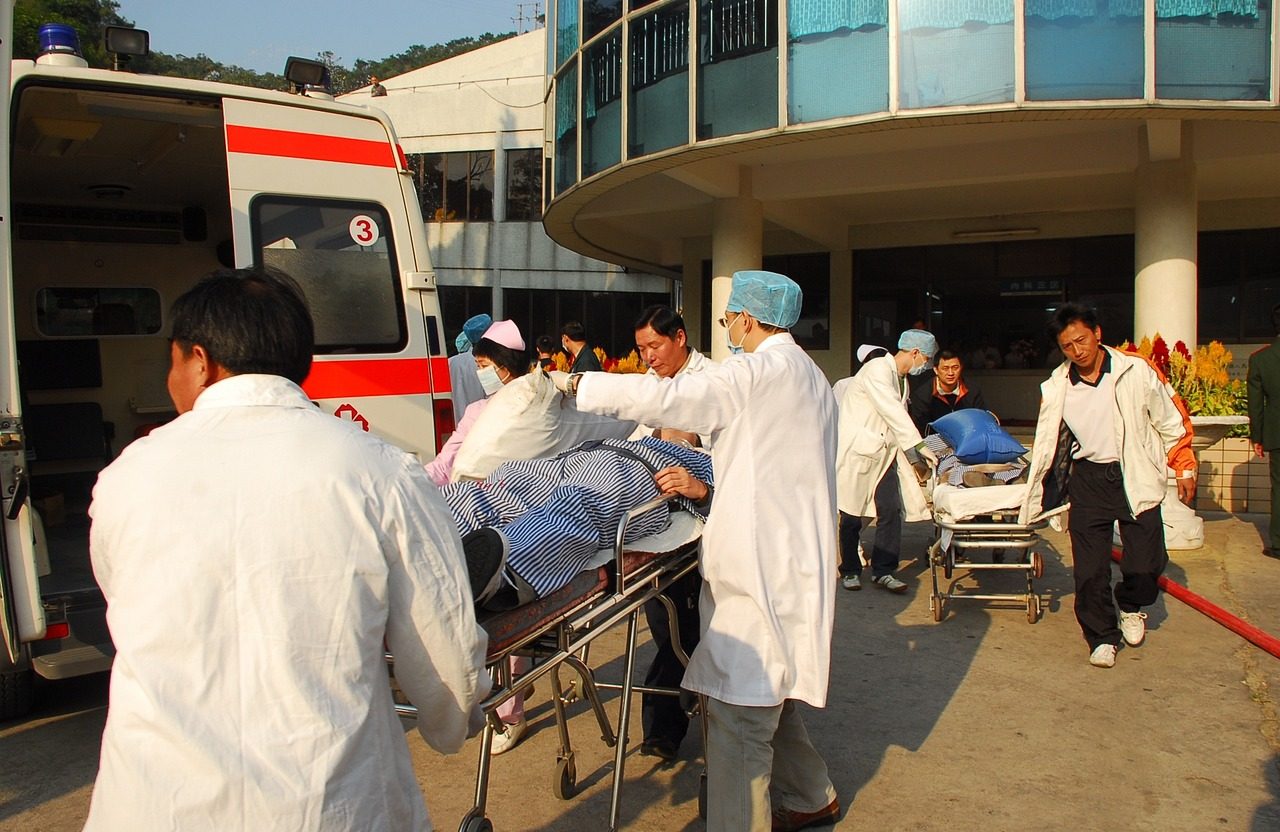
Public health includes preventive medicine.
Public health is the discipline in charge of protecting health at the population level . In this sense, it seeks to improve the health conditions of communities through the promotion of healthy lifestyles, awareness campaigns, education and research .
For this, it has the participation of specialists in medicine , biology , nursing , sociology , statistics , veterinary medicine and other sciences and areas.
Public health characteristics
The development of public health depends on governments , which develop different health programs to meet the aforementioned objectives. Among the functions of public health are epidemio-pathological prevention (with massive free vaccination campaigns), health protection (control of the environment and pollution ), health promotion (through education) and sanitary restoration (to regain health).
Public health organizations must evaluate the health needs of the population , investigate the emergence of risks and analyze the determinants of these risks. According to what has been detected, they have to establish priorities and develop programs and plans that allow them to respond to needs.
Public health must also manage resources to ensure that its services reach as many people as possible. Public health cannot offer advanced services for certain people and neglect the conditions of the rest, since it is based on a community and not a personal principle. As it depends on the State , public health should not make distinctions between the inhabitants of the same region.

Public health must work for safe motherhood.
Perception of its effectiveness
The general perception about the effectiveness of public health systems varies considerably by country. Two examples of opposite situations occur in Argentina and Great Britain .
Argentine citizens place public health among the most regrettable characteristics of their nation. Even in times of crisis, many people prefer to pay huge sums of money to a social service rather than seek care in a public hospital. At first glance, given the sad conditions in which many buildings are found and the poor care that characterizes them in numerous cases, no one could question this attitude. However, there are many cases of malpractice in private clinics, as well as lack of consideration that calls into question the human condition of some of their professionals.
Although generalizing is never the best way, public health in Argentina has too many negative points, the most notable being the lack of hygiene in many hospitals, which can be seen as soon as you cross the entrance door. It is understandable that a sick person does not intend to be treated in a facility where breathing can cause nausea.
On the other side of the map is the British National Health Service ( NHS ). First of all, all inhabitants of Great Britain , whether or not they have their papers in order, have the right to this health system, and the registration process is relatively simple. Contrary to the chaos inherent to the lack of organization, each citizen is assigned a general practitioner ( General Practitioner or GP ), who will be the first professional to contact. This is responsible for evaluating their patients and, if necessary, referring them to a specialist. It should be noted that many of the most common issues, such as prescribing medications and diagnosing minor disorders, do not require a referral.
British hospitals have facilities, equipment and a level of maintenance that in Argentina is only seen in a private clinic. Furthermore, given that each person is assigned to a particular center, long waits to be served are very rare, not to mention that generally the number of seats available is sufficient for the volume of daily visits.

Public health has to be prepared to respond to health emergencies.
Importance of public health
As we have seen, public health is of enormous importance. It allows everything from disease prevention and health surveillance to epidemic control and health promotion in general.
Community health depends on the health policies applied by the State . That is why it is key for governments to invest in the public health system and guarantee both primary care and the treatment of complex pathologies. People's well-being cannot depend on the money available to pay a doctor.
Of course, public health must not only guarantee care. It is essential that from its orbit healthy habits are promoted in terms of nutrition, physical activity, awareness about addictions, prevention of sexually transmitted infections, etc. These types of actions not only protect the population, but also allow savings by avoiding further care and treatment.
It cannot be ignored that public health is related to multiple areas and disciplines. Medicine and nursing are not enough to prevent or cure when people do not have access to drinking water or sanitation, face daily occupational risks or suffer the consequences of living in environments affected by climate change. That is why the approach to health must always be comprehensive.
